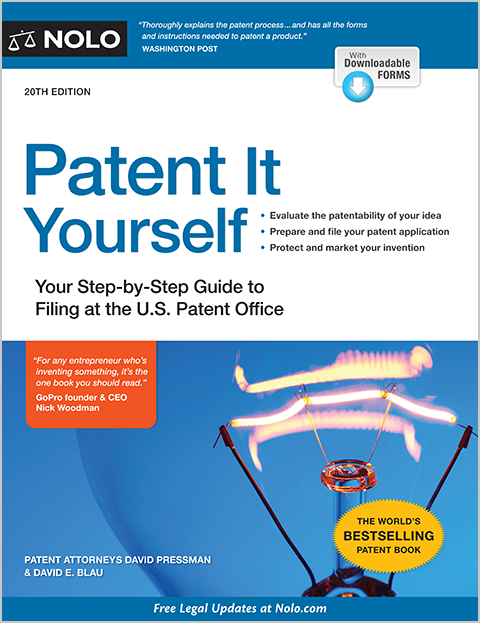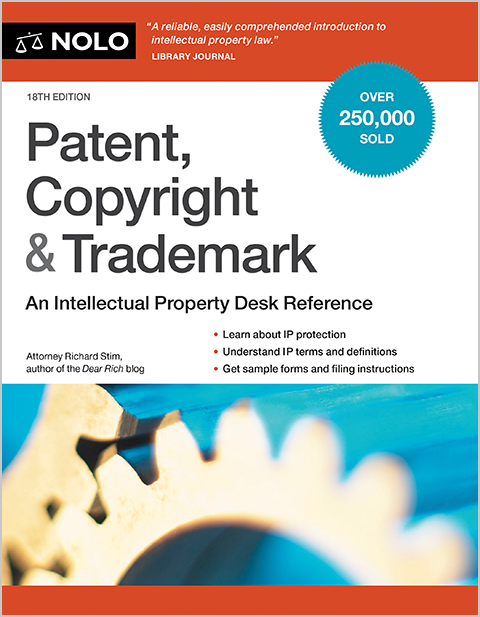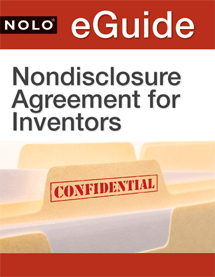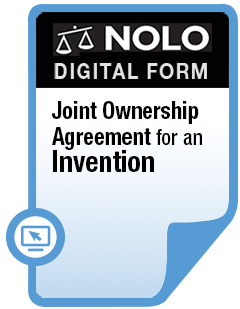You can use a work without the author's permission if it's in the public domain. Here’s how to figure out whether it is.
Copyright law gives creators certain exclusive rights. These rights include the exclusive ability to copy, distribute, adapt, and perform the copyrighted work.
But copyright isn't infinite. Rather, it provides copyright holders with protections for a limited duration. When copyright protection ends, the work enters the "public domain" and is available for use without the (former) copyright owner's permission. (Works can also be donated to the public domain, as we discuss below.)
Consider the following questions to determine whether a work is available for you to use without getting permission.
Has the Copyright Expired?
To determine whether a work is in the public domain and available for use without the author's permission, you must first determine when it was published (or, in some instances, created). Then, apply the following rules to see if the copyright has expired:
- More than 95 years ago. Copyrights of all works published in the United States more than 95 years ago have expired; the works are in the public domain.
- 95 years ago through 1977. Works published from 95 years ago through 1977 are protected for 95 years from the date of publication. If the work was created, but not published, before 1978, the copyright lasts for the life of the author plus 70 years.
- After 1977. For works created on or after January 1, 1978, the copyright lasts for the life of the author plus 70 years. However, if the work is a work for hire (that is, was done in the course of employment or was specifically commissioned) or was published anonymously or under a pseudonym, the copyright lasts between 95 and 120 years, depending on the date the work was published.
Copyright law provides special rules for copyrights in musical recordings. Read more about copyright duration and musical recordings, including updates in the Music Modernization Act of 2018.
Has the Copyright Been Renewed?
When it comes to works published less than 95 years ago but before 1964, the the U.S. Copyright Office offers a number of resources to help you figure out whether a copyright was renewed.. Many copyrights can be searched online.
The Copyright Office will check registration and renewal information for you at an hourly rate. You can also hire a private copyright search firm such as Durationator to see whether a renewal was filed.
If you want to go the least expensive route, you can conduct a renewal search yourself. The renewal records for works published from 1950 to the present are available at the Copyright Office website. Renewal records for works published before 1950 are available in the 660 volume Catalog of Copyright Entries, which have been digitized and made publicly available online on the Internet Archive.
Does the Work Display a Copyright Notice?
You, unfortunately, cannot rely on the presence or absence of a copyright notice (©) to determine whether a work is protected by copyright, because a copyright notice isn't required for works published after March 1, 1989.
And even for works published before 1989, the absence of a copyright notice might not affect the validity of the copyright, for example, if the author made diligent attempts to correct the situation. Long story short, the absence of the © symbol isn't determinative.
Was the Work Produced by a U.S. Government Employee?
Works created by U.S. government employees in their official capacities are ineligible for copyright protection and are in the public domain. This rule doesn't apply to works created by state and local government employees.
Did the Copyright Owner Donate It to the Public?
Millions of works have been dedicated to the public domain. This means the author or other copyright owner chooses to give up all rights in the work forever. This is often done online using a Creative Commons CC0 license.
However, using a CC0 license isn't required to donate a work to the public domain. A copyright owner's use of any words unequivocally dedicating a work to the public domain can suffice—for example, words such as "this work is dedicated to the public domain and may be reproduced without authorization."
Unless there's express authorization placing the work in the public domain, don't assume that the work is free to use.
Can I Use Material Found on the Internet?
Each day, people post vast quantities of creative material on the internet. But if you want to download material for use in your own work, be cautious. Unless the posted work is in the public domain, assume that it's protected by copyright. And, unless your use qualifies as fair use, you need the author's permission to copy or adapt a copyrighted work.
Be particularly careful when torrenting music, videos, software, and other potentially copyrighted works. "Torrenting" is the process of downloading or sharing files through BitTorrent, a peer-to-peer file-sharing network. When you torrent a file, you become part of a group of users (called a "swarm") sharing files. The swarm allows individual users to download and upload content to or from a shared network. Torrenting is particularly popular with larger files because the burden of file storage is distributed across multiple users, resulting in faster download speeds.
While torrenting isn't illegal in itself, torrenting copyrighted works is. Torrenting might seem anonymous but the Internet Protocol (IP) address you use to torrent the files can identify you as the user that shared copyrighted works. In fact, you (and the others in your swarm) can be sued for copyright infringement if you share or download a copyrighted work. Just because others are distributing a work, it doesn't mean that the work is free to use. Do your homework before downloading or sharing any files that might contain copyrighted works.
For more information on copyright protection on the internet, see Getting Permission to Publish: Ten Tips for Webmasters.
Finding Material in the Public Domain
For help locating material you can use without permission, see The Public Domain: How to Find and Use Copyright-Free Writings, Music, Art & More by Steve Fishman (Nolo).
Remember that copyright litigation and liability can be expensive. You should assume that every work is protected by copyright unless you can establish that it isn't. Better safe than sorry.
Talk to a Lawyer
Need a lawyer? Start here.
How it Works
- Briefly tell us about your case
- Provide your contact information
- Choose attorneys to contact you
- Briefly tell us about your case
- Provide your contact information
- Choose attorneys to contact you



